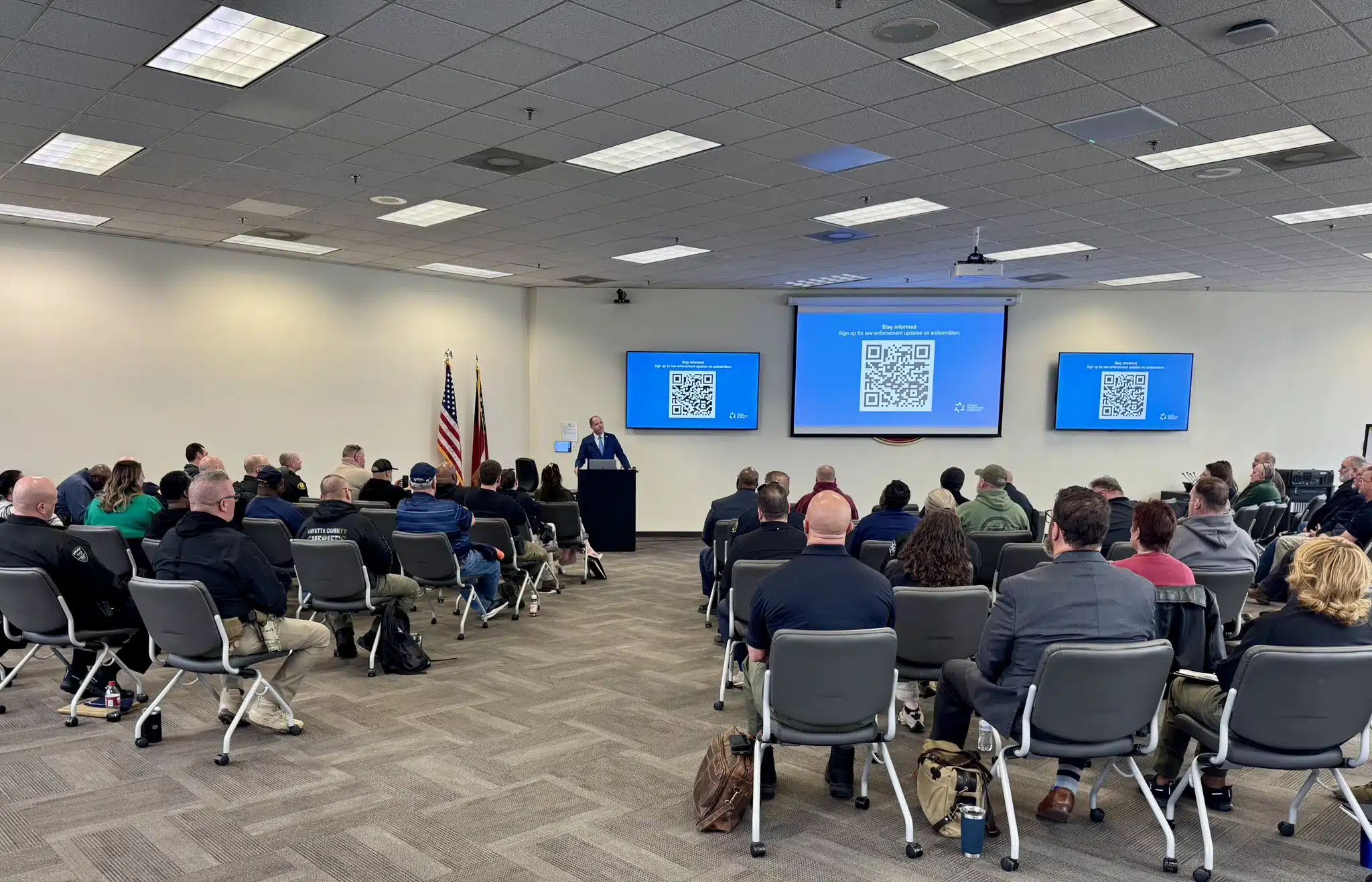|
Getting your Trinity Audio player ready...
|
Tennessee Governor Bill Lee signed into law on Thursday HB 1188, a Combat Antisemitism Movement (CAM)-backed bill addressing and prohibiting antisemitic discrimination in the state’s public K-12 schools and institutions of higher education.
The bill had been approved by the Tennessee General Assembly earlier this month, with 79-11 and 29-1 margins in the House of Representatives and Senate, respectively.
The full text of the legislation is available HERE.
The legislation — which was sponsored by State Representative Rusty Grills and State Senator Paul Rose — defines antisemitism using the International Holocaust Remembrance Alliance (IHRA) Working Definition of Antisemitism, including its 11 contemporary examples.
“The purpose of this bill is to deter antisemitism on college and K-12 campuses,” Senator Rose said in floor remarks ahead of the April 7 vote on the bill, noting the rise in antisemitism across the United States and the globe in recent years, particularly in the aftermath of the October 7th massacre in Israel.
The IHRA antisemitism definition was already adopted by Tennessee in 2022 via HB 2673, passed by the General Assembly and signed into law by Governor Lee.
A total of 37 U.S. states have adopted the definition, according to a database compiled by the Antisemitism Research Center (ARC) by CAM.
The new law requires the integration of the definition into student, faculty, and employee codes of conduct or anti-discrimination policies. The bill also gives teeth to Title VI by directing the Tennessee Department of Education and each institution of higher education to designate a Title VI Coordinator to monitor, review, and investigate antisemitic complaints and incidents of discrimination, in public K-12 and post-secondary schools, and requires the coordinator to submit an annual report to the State Attorney General and the General Assembly.
CAM Director of State Engagement David Soffer spoke in favor of the bill at hearings of the Tennessee House and Senate Education Committees at the State Capitol in Nashville.
In his testimony, Soffer said the legislation would “send a powerful message that Tennessee is taking proactive steps to protect its Jewish community.”
“It will also demonstrate to the rest of the nation that Tennessee is committed to combating hatred in all its forms and ensuring the safety and dignity of all students, faculty members, and staff members,” he added.
The legislation was also backed by the University of Tennessee-Knoxville and the University of Memphis, the two largest higher education institutions in Tennessee.
CAM is leading an organized effort to engage and educate state legislators across the United States on antisemitism-related issues and potential policy remedies, such as the Tennessee law.
Similar legislative initiatives have also been put forth in Arkansas, Kansas, Kentucky, Missouri, Nebraska, and Oklahoma in recent months.
Tennessee was the fourth state to see one of these bills passed into law in the month of April, following Arkansas, Kansas, and Kentucky.












